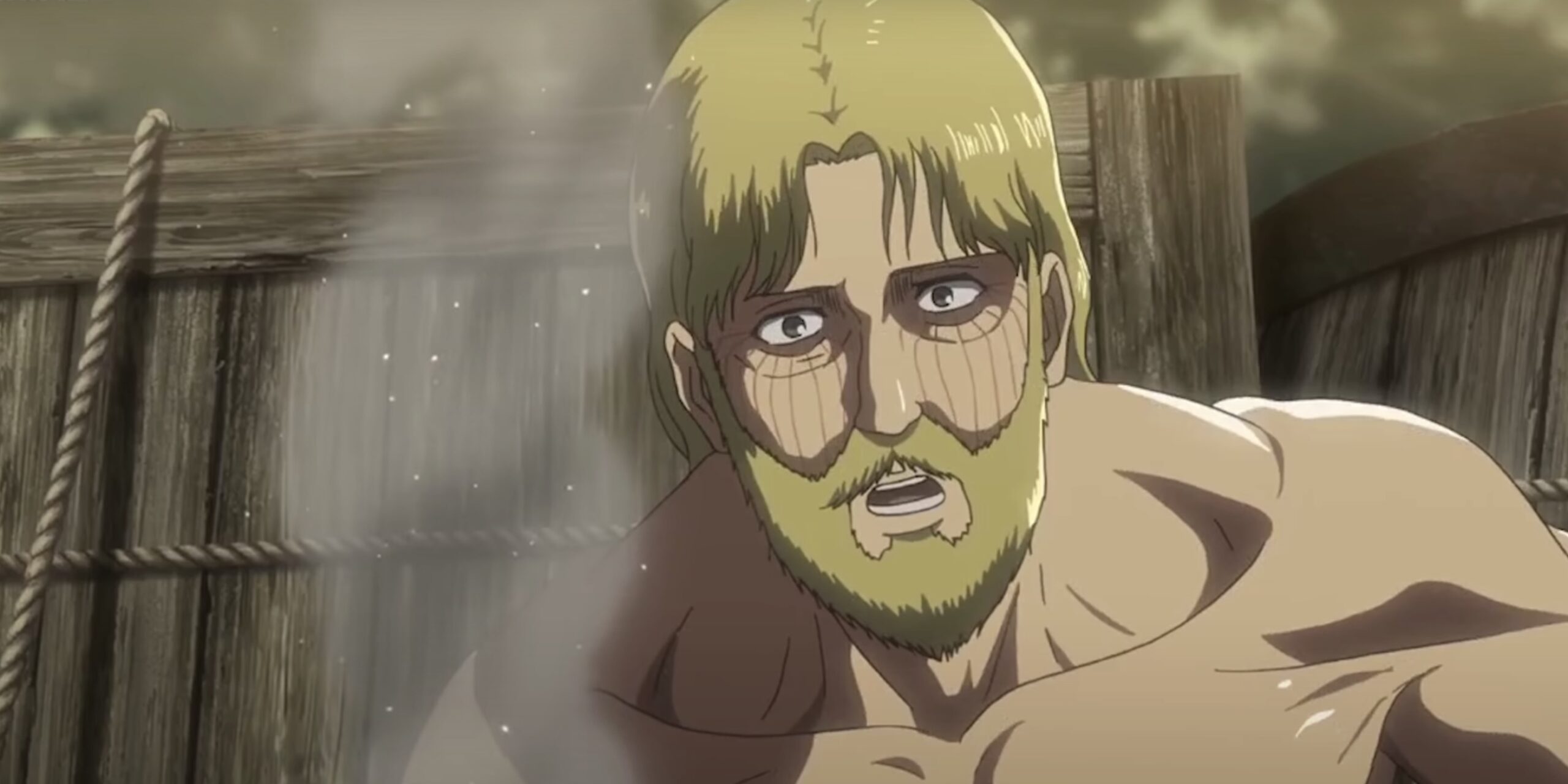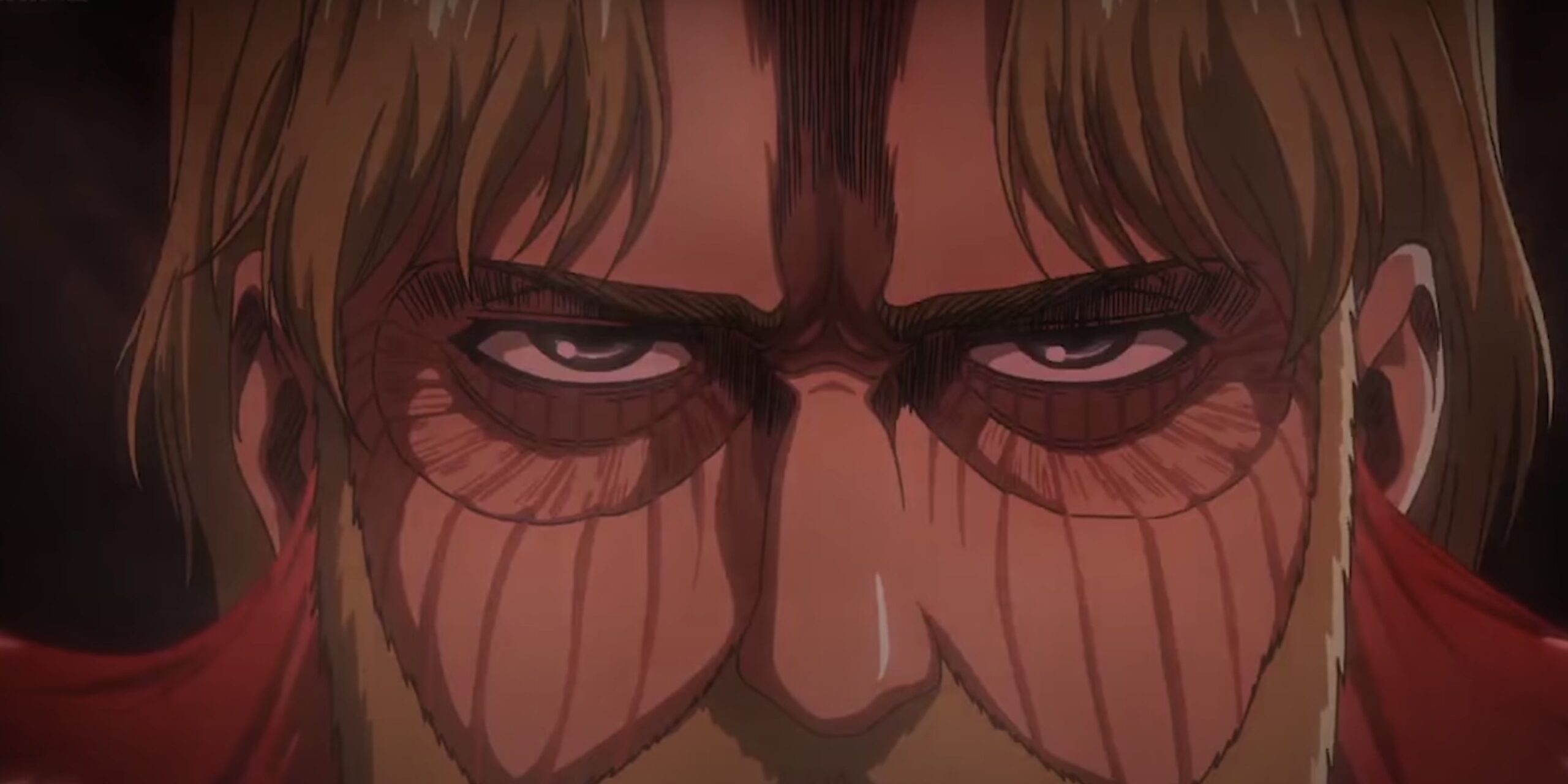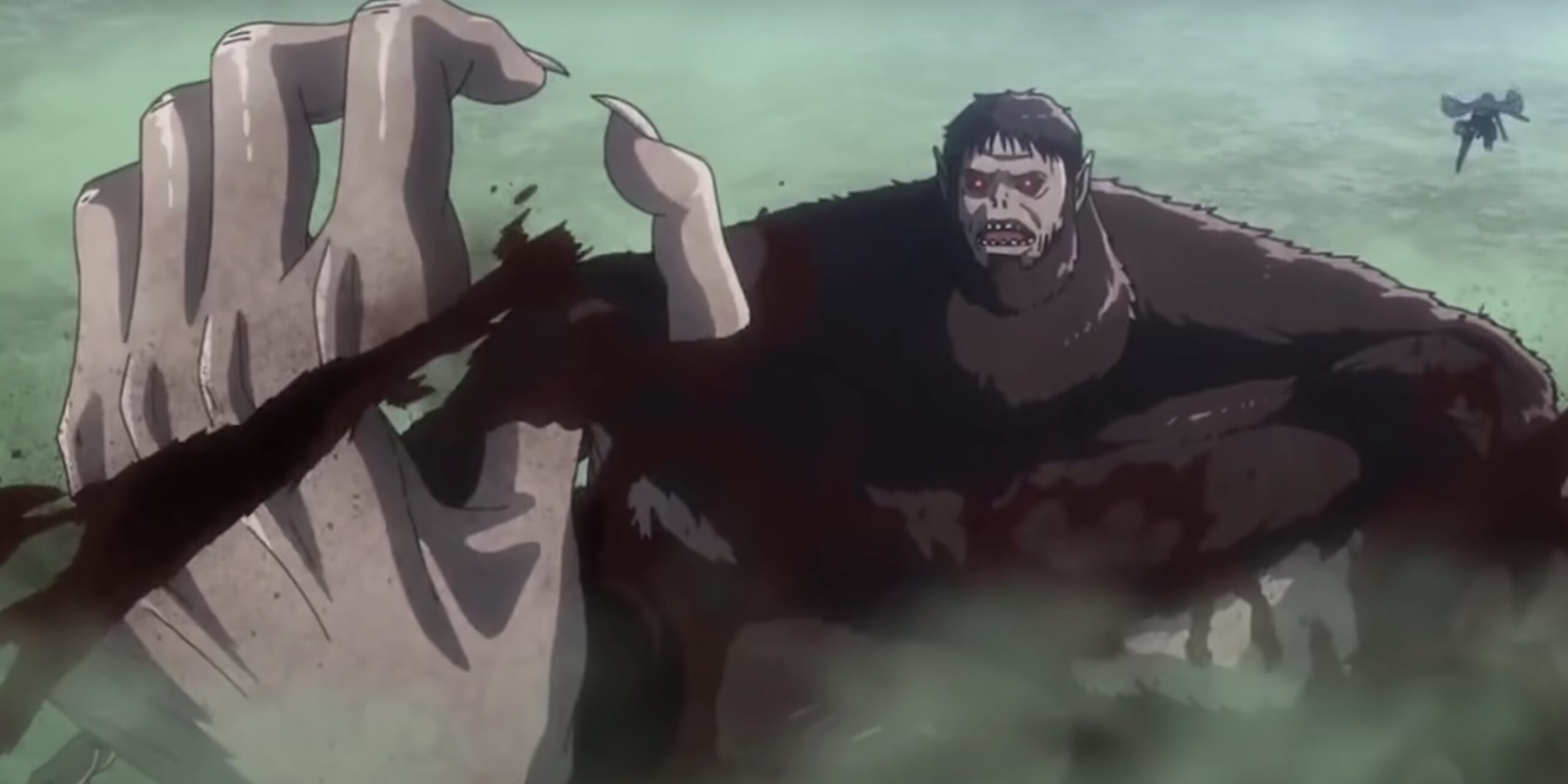Zeke Yeager makes his entrance in Attack on Titan as a merciless antagonist, utilizing the Beast Titan’s brute strength to bombard adversaries with hurled projectiles. His ruthless assault cements him as the principal nemesis of the skilled soldier Levi Ackerman. At first glance, Zeke appears to be a straightforward villain dealing death and destruction. However, fans still wonder – is Zeke Yeager a good person?
However, a closer examination of Zeke’s characterization reveals glimmers of humanity amidst his worst atrocities. While capable of shockingly cruel acts, he also displays traces of altruism and honor, suggesting a deeper complexity beyond mere evil. His relationships with fellow Eldians hint at a capacity for loyalty and sacrifice, even love.
This contrast between savage violence and human compassion leads many Attack on Titan fans to question Zeke’s true nature. Is he fundamentally a villain or an antihero forced into difficult situations? The story avoids simplifying him as a one-dimensional baddie.
By closely analyzing key moments in Zeke’s arc without bias, this article illuminates the nuances in his beliefs, motivations, and actions. Instead of labeling him outright as good or evil, it allows readers to weigh the evidence and draw their own conclusions about this polarizing character. His ethical ambiguity is presented through detailed examples free of repetition.
Is Zeke Yeager A Good Person?
Zeke Yeager’s descent into villainy began early in Attack on Titan when he betrayed his own parents’ cause, reporting them to Marley and quashing the Eldian restoration movement. While his motives as a child may elicit some sympathy, this marked the start of his troubling path.

In the years that followed, Zeke’s cruelty and ruthlessness only intensified. He went on to create hundreds of mindless Pure Titans, setting the story’s events in motion. His body counts stacked up as he massacred Survey Corps scouts without mercy, even killing the respected Commander Erwin Smith.
In one of his most heartless acts, Zeke turned Captain Levi’s trusted soldiers into Titans in a calculated attempt to destroy him.
Throughout Attack on Titan, Zeke proved willing to sacrifice countless lives to further his own mysterious goals. His betrayal of family and escalating violence stand as defining early moments that pushed him down a dark road.
While his true motives remained unclear, his brutal actions spoke for themselves, making him one of the story’s foremost antagonists. However, glimpses of his past and bonds with allies also hint at hidden depths beneath the carnage.
While responsible for much tragedy in Attack on Titan, Zeke Yeager also displays hints of nobility and good intentions beneath his violence.

From a young age, Zeke trained as a Marleyan warrior to inherit the Beast Titan but never lost sight of his father Grisha’s dream of liberating their oppressed Eldian people. This dream of freedom drove his actions, however destructive.
When Eren and the Survey Corps attack Marley, Zeke intentionally allows himself to be defeated by Levi rather than jeopardize the mission, showing a capacity for sacrifice. In season four, Zeke’s true motivations become clearer – he aims to free Eldians from suffering, even if his methods are extreme.
There remain shades of decency in Zeke, as seen when he aids Levi’s squad against the Marleyan assault, putting others before himself. His goal of ending Eldian oppression comes from a place of principle, even if his efforts to achieve it are morally ambiguous.

While undoubtedly responsible for much heartache in the story, Zeke exhibits noble qualities at times. His mix of good intentions and cruelty makes him a complex figure, neither a cartoonish villain nor a selfless hero.
What Fans Think About This?
One reason Attack on Titan has become such an acclaimed series is its ability to subvert expectations and avoid simplistic characterization. This complexity applies especially to Zeke Yeager.
While responsible for considerable death and destruction, Zeke’s end goal of freeing Eldians from suffering is fundamentally noble. However, his brutal methods for achieving this end are highly unethical. This contrast between benevolent intentions and cruel execution makes it difficult to classify Zeke as purely good or evil.
Much like real people, Zeke displays a mixture of virtues and flaws. His moral compass does not point consistently in one direction. While capable of horrific violence, he also shows care for his allies and a desire to end conflict.

This unpredictability and nuanced characterization serve to humanize Zeke. He is neither a standard hero nor a typical villain. By crafting such a polarizing figure, Attack on Titan reinforces its reputation for breaking conventions and keeping viewers guessing.
Ultimately, Zeke Yeager’s complex personality perfectly embodies the series’ rejection of one-dimensional roles. Determining his true nature remains an open question, inviting analysis from fans. But his multidimensional portrayal makes him one of Attack on Titan’s most fascinating characters.




